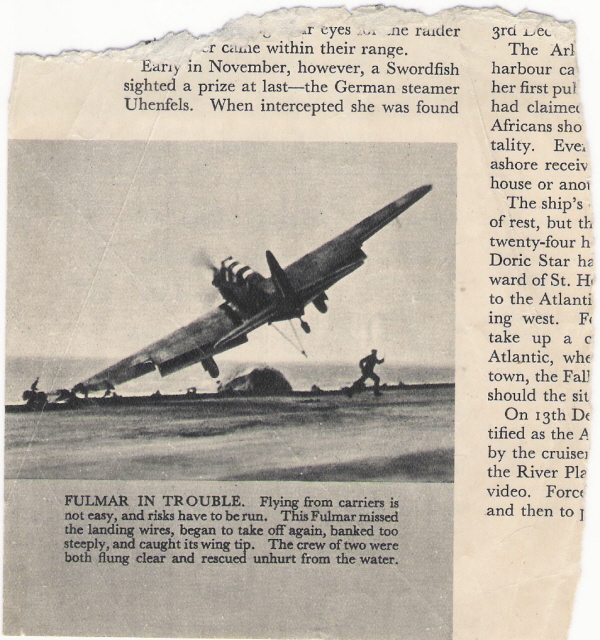In recent months I've been researching the lives of some of my ancestors during the First World War. You can read about them at Writing a Family History First World War Stories if you follow this link.
When I was researching the background to I Think I Prefer the Tinned Variety: The Diary of a Petty Officer in the Fleet Air Arm during World War II I learned how the Fleet Air Arm contributed to the First World War:
When I was researching the background to I Think I Prefer the Tinned Variety: The Diary of a Petty Officer in the Fleet Air Arm during World War II I learned how the Fleet Air Arm contributed to the First World War:
The
Royal Navy had an air section from 1903 which was utilised during the First
World War for spotting, signalling and reconnaissance. It was combined in 1918
with the Royal Flying Corps to form the Royal Air Force. By 1919, naval air
power had been hugely reduced to a very small number of aircraft: reconnaissance planes, torpedo bombers,
fighter planes, sea planes and flying boats.
And how it evolved in the years prior to WW2:
In 1924 there was a policy change
at the Admiralty and it was decided that all observers and 70% of pilots of
navy planes would be naval personnel. In February 1927 the name of Naval Air
Branch was instituted and by July 1937 all aircraft in warships were back under
the control of the Admiralty. By May 1939 the Admiralty had full and complete
control of all naval flying and with its Headquarters at Lee-on-Solent, in
Hampshire, the Fleet Air Arm was born.
My dad, Norman Buckle, kept this cutting with his diary and photographs. I think he expected to be on an aircraft carrier when he joined the Fleet Air Arm and was probably disappointed to be sent to a shore base in West Africa. Of course, I don't know because he never talked about his wartime experiences and as a young person I wasn't particularly bothered anyway. My interest only came much later when I started reading his diary by which time he had long since gone to meet his maker taking his memories with him.
A similar thing happened with my mother-in-law, Rose Murray. As I explained in the introduction to Writing a Family History On-Line:
Rose was full of joie de vivre throughout her sixties and at times it was
difficult to keep up with her. She made her first plane trip when she was sixty
eight years old to accompany her friend on a family visit to the U.S.A. She had
a whale of a time visiting tourist destinations in Boston and New York;
lounging at the side of the family's large outdoor swimming pool; getting food
from a drive-thru; and smoking pot for the one and only time in her life.
In her seventies she started to slow down and her memories were of places
and people from her recent past; in her eighties she started to go back in her
reminiscences to the war years. Her tales of the London Blitz, evacuation as a
munitions factory worker and make-do-and-mend were often full of humour,
tragedy and fascinating information.
She lived until she was ninety eight and, as she aged, her memories and
her demeanour became more childlike. We have one last impression of Rose: she
was sitting on the side of her bed in the residential home where she passed her
final years and singing, in the plaintive voice of a little Cockney sparrow,
the songs she had learned in childhood. Although her grasp on reality had
become extremely slender she was word-perfect in the songs.
We had encouraged her to write down her life's story and aged about
ninety two she made a start. Too late! She couldn't sustain the interest or the
concentration and so all we have is a short memoir about her schooldays. You can read it here if you wish.
It may be that you want to capture your own memories or you too have
elderly relatives and friends with a story to tell before it's too late. You
don't have to go for a full blown biography or autobiography: using social
media and the Internet you can record and share with old and young anywhere in
the world.
